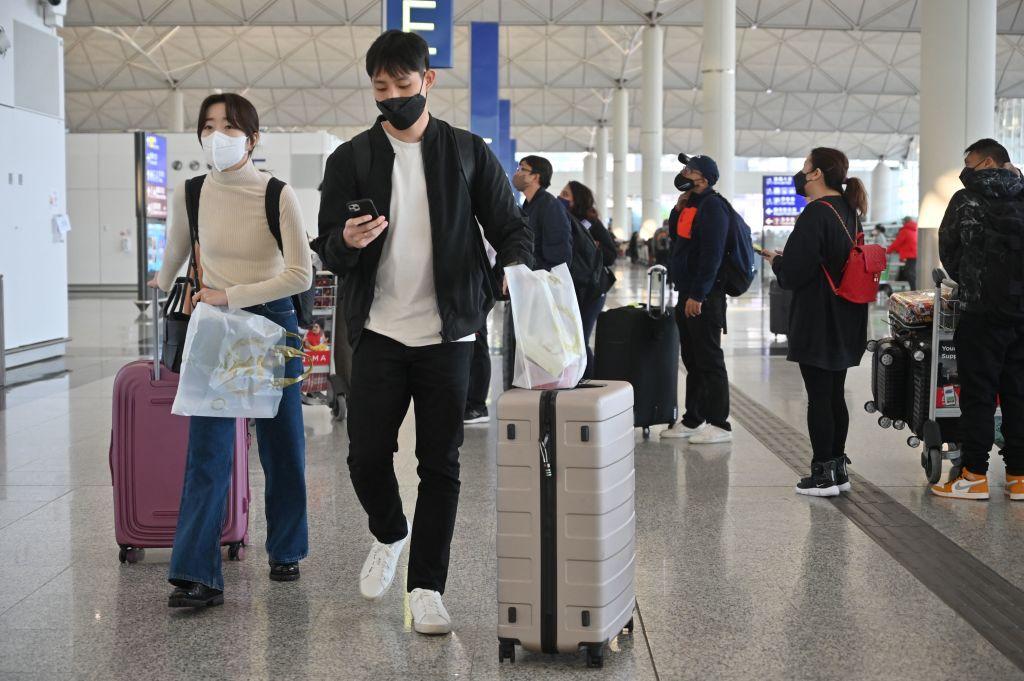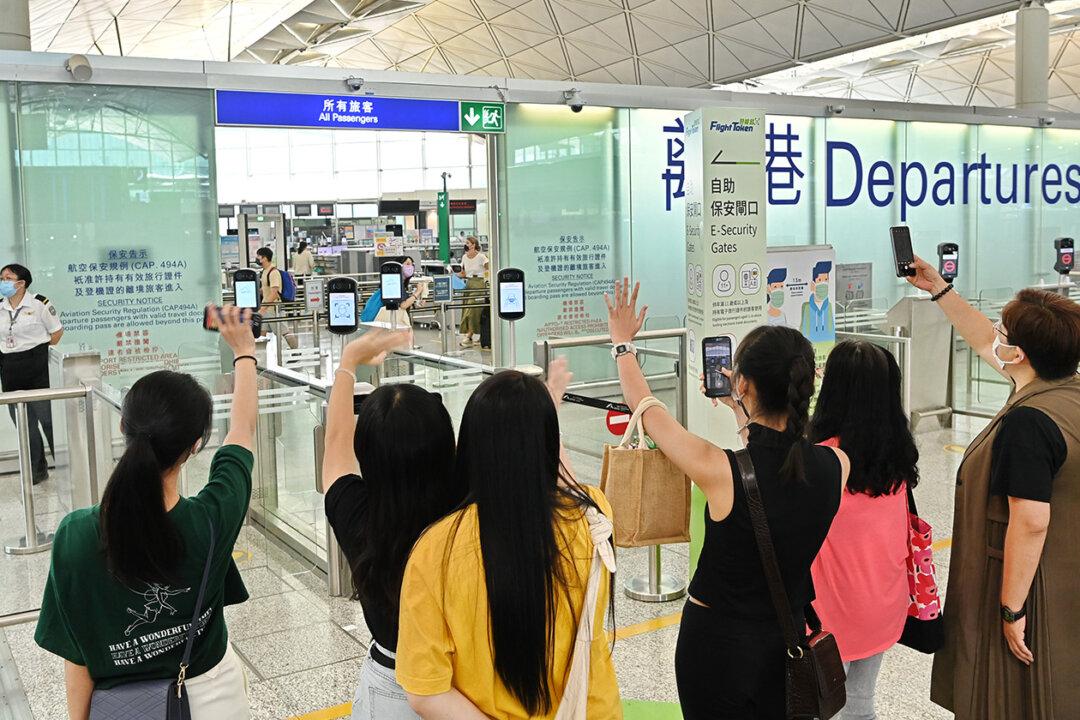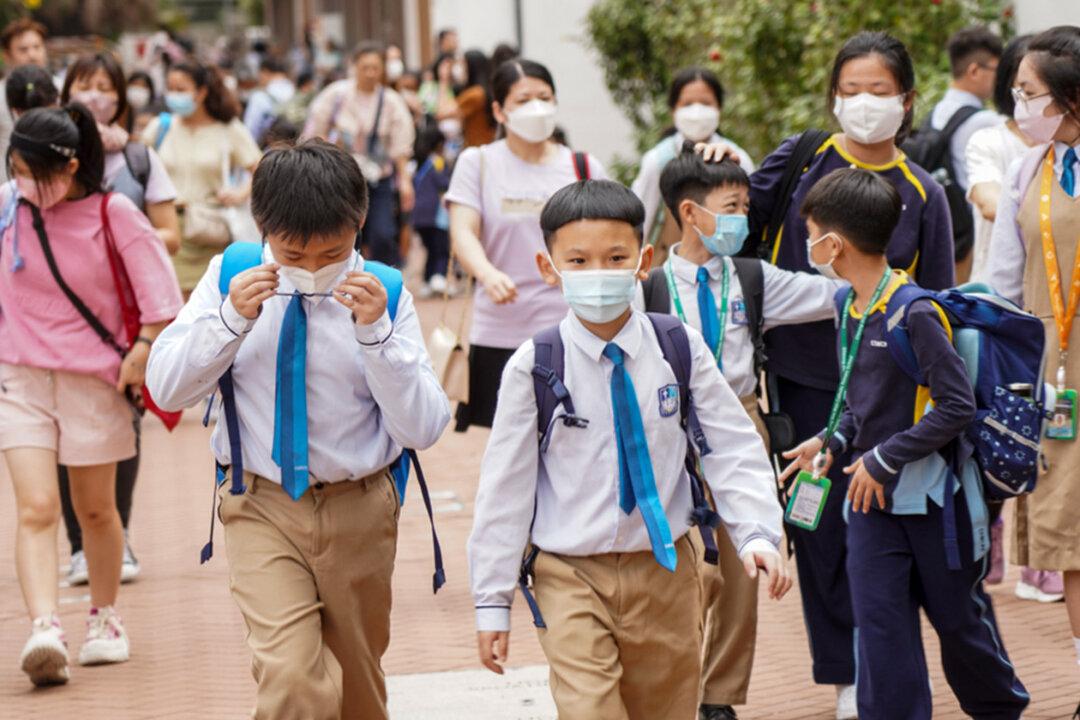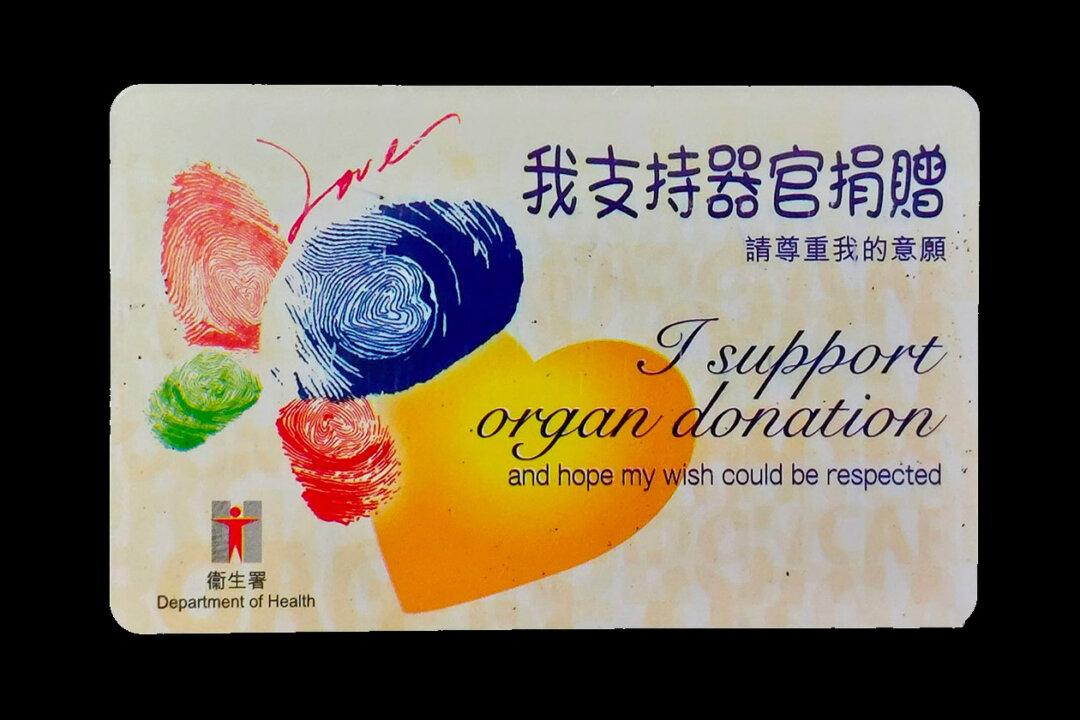Hong Kong is set to reopen its borders with Mainland despite the surge in COVID-19 infections. It’s in contrast to nations worldwide tightening entry restrictions for Chinese visitors.
Severe Outbreak in China
Xu Wenbo from the Chinese Centers for Disease Control and Prevention said in a briefing on Dec. 20 there were 130 Omicron strains detected in China, and 50 of them have caused the outbreak.Within the first 20 days of December, 248 million people were infected, accounting for 17.56 percent of the total population.
Reports of widespread pandemic cases are seen in various parts of China. People in China rushed to buy medicines, and long queues have been reported in hospitals and crematoriums.
Countries Tighten Restrictions
On Dec. 27, the Japanese authority announced that due to the rapid increase in the number of people infected with COVID-19 in China, it tightened its pandemic prevention restrictions. Starting Dec. 30, all flights from mainland China, Hong Kong, and Macau can only use four airports (now increased to seven), including Narita, Haneda in Tokyo, Kansai in Osaka, and Chubu in Nagoya New Chitose in Hokkaido, Fukuoka, and Naka in Okinawa.All those who travel to Japan from mainland China, and those who have visited mainland China within the prior seven days, must be tested upon entering Japan. Those who test positive must quarantine for seven days. This testing requirement does not include Hong Kong and Macau residents. At the same time, the Japanese government will limit the number of flights from China to Japan.
U.S. health officials released a travel alert telling Americans to reconsider travel to China. The Centers for Disease Control and Prevention (CDC) imposed mandatory COVID testing on all passengers flying from China. Beginning Jan. 5, all passengers over two years old need to show a negative test result within two days before flying to the United States.
On Dec. 24, India mandated COVID-19 negative tests for travelers from China, Japan, Hong Kong, South Korea, and Thailand.
Malaysia has imposed new surveillance and tracking measures for Chinese travelers.
In Taiwan, passengers from China will need to take PCR tests upon entry.
‘Hong Kong Should Close Border in Response to China’s Outbreak’
Benson Wong Wai-kwok, a former assistant professor from Hong Kong Baptist University, suggested in an interview with the Epoch Times on Dec. 25 that the Hong Kong government should take measures to close the border in response to the pandemic in China to prevent the spread of COVID-19. “The Hong Kong government should use science to prevent the pandemic, not politics,” he said.‘China’s Official COVID-19 Figures Cannot Be Trusted’
Ng Chi-sum, a veteran former host of Radio Television Hong Kong (RTHK) analyzed on his YouTube channel on Dec. 24 that the COVID-19 situation in mainland China is much more severe than outsiders could imagine. The official figures of confirmed cases and deaths are not credible, and the World Health Organization (WHO) has not yet received any relevant data.‘Hong Kong’s Health System Could Collapse’
Ng predicted that the mainland pandemic would spread to the whole of Hong Kong after the border reopened. “I am 100 percent sure,” and worried whether Hong Kong’s healthcare system would collapse.Dr. Gavin Chiu Sin-hin, a Hong Kong economic historian and current affairs commentator, described on his YouTube channel on Dec. 25 that the current pandemic in the mainland is out of control. He said the complete healthcare systems in the mainland and Macau have already collapsed, while the vaccines administered there are not targeted against the Omicron variant.
He calculated with reference to the Omicron pandemic data in Hong Kong that there were three to four million newly confirmed cases a day in the mainland, which might result in more than two million deaths before the pandemic wanes.
Chiu believes that Beijing should give pharmaceutical companies and the public sufficient time to produce and purchase antipyretics before relaxing the COVID-19 prevention policy, which should also be relaxed step by step in a few stages. But the current practice is just the opposite. He predicts that once Hong Kong and the mainland reopen their borders to each other, there will be a rush of mainland people to Hong Kong in search of medicines, and neither the healthcare systems in China nor Hong Kong will be able to manage it.
Cheung Tak-wing, the vice chairperson of the Hong Kong General Chamber of Pharmacy, revealed to the media on Dec. 25 that a certain brand of analgesic and antipyretic drugs in Hong Kong has been sold out, and the supply of other drugs with the same effect has also begun to run short. Sixty to 70 percent of customers are helping relatives and friends to buy or send to the mainland.
William Chui Chun-ming, president of The Society of Hospital Pharmacists of Hong Kong, also pointed out on the same day that if mainland residents come to Hong Kong to buy paracetamols and other relief drugs, there won’t be enough supply for Hong Kong residents. In the end, the latter will be transferred to either the emergency department or general outpatient clinic for medical treatment. Any of these happenings will certainly increase the pressure on the public healthcare system of Hong Kong.




